Food & Drink
10 Questionable Snacks That Were Actually Real
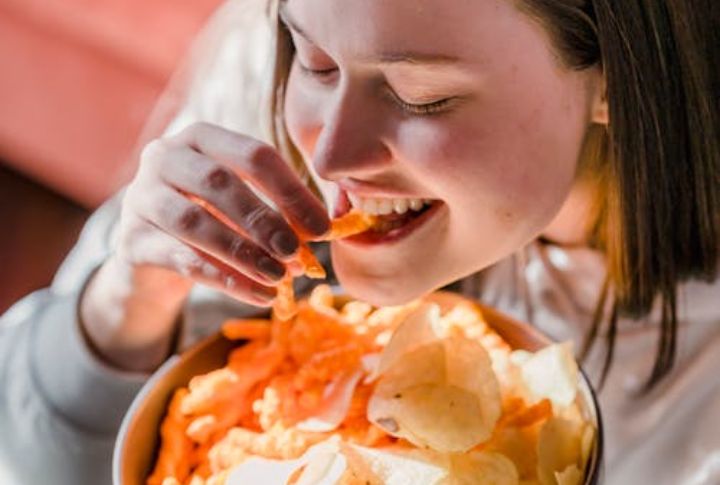
Ever stare at a snack and wonder if it was invented on a dare? Some of these tasted like mistakes; others just felt like science experiments gone rogue. But someone gave them the green light—and we’re still trying to figure out how that happened.
Caffeinated Potato Chips (Engobi Chips)
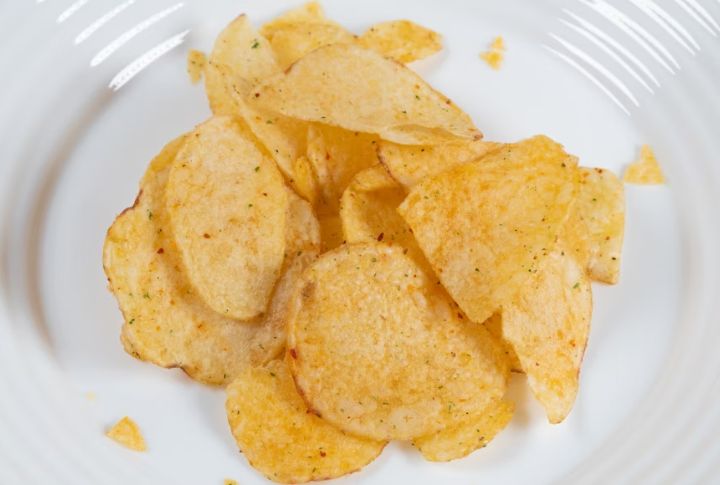
Who thought mixing caffeine and potato chips was a good idea? Engobi Chips contain 70mg of caffeine in every serving, equivalent to a full cup of coffee. Flavors like Lemon Lift further raised eyebrows. Banned in several places, the chips quietly disappeared after health concerns were raised.
WOW Chips With Olestra
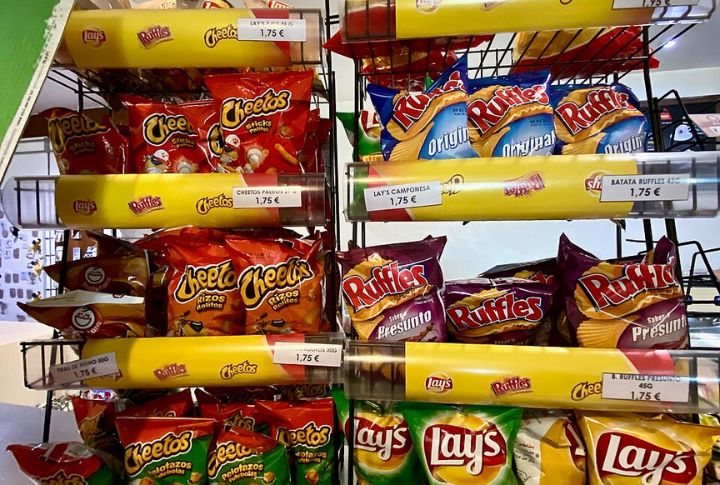
WOW Chips promised fat-free snacking until the side effects made headlines. They used Olestra, a fat substitute known to cause severe cramps and, yes, “intestinal leakage.” Some people suffering even wore adult diapers just in case. The FDA slapped on a warning label as complaints poured in, and the chips quietly faded out.
Candy Cigarette
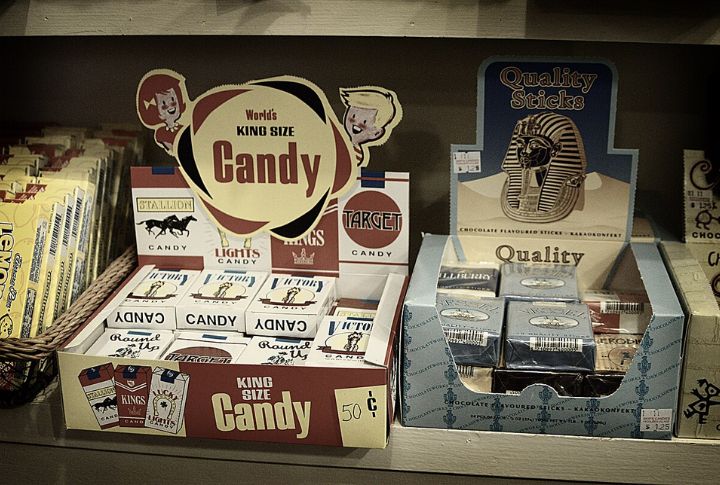
Fake filters, powdery puffs, and cigarette-style boxes made this candy feel way too real. Kids loved acting like smokers, but many adults weren’t amused. Candy cigarettes were eventually banned in several countries for glamorizing tobacco. Looking back, handing kids candy that mimicked smoking habits feels more disturbing than nostalgic.
Jolt Cola Gum
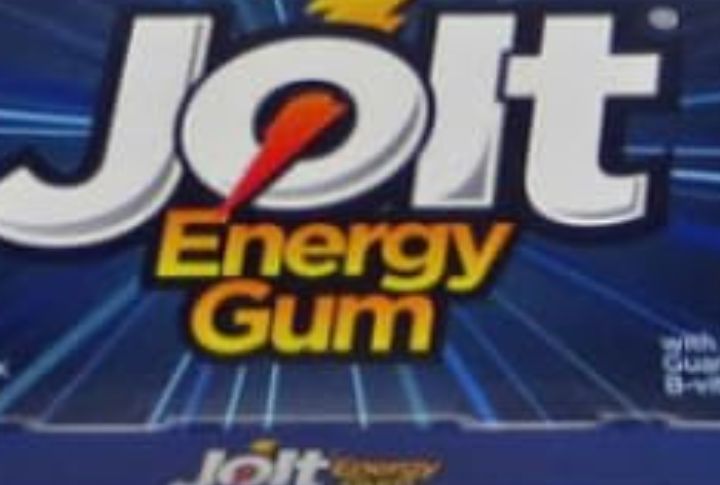
This gum acted like a caffeine shortcut, bypassing digestion to deliver energy straight through the mouth. Each chew also gave more caffeine than a can of soda. However, it caused jitteriness and disrupted sleep patterns. After growing concern, health groups pushed back, and retailers removed it from stores.
Bubble Beeper Gum
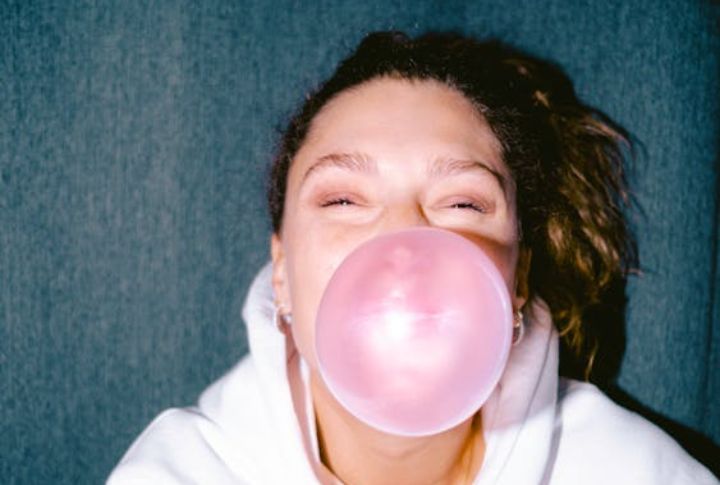
Disguised as a mini beeper, this gum made kids feel cool instead of snackers. It even had compartments like the real thing. Teachers weren’t amused, and schools called it a distraction. Once parents figured out the vibe, the fun ended fast. The gum vanished from stores, and honestly, that might’ve been for the best.
Hostess Chocodiles
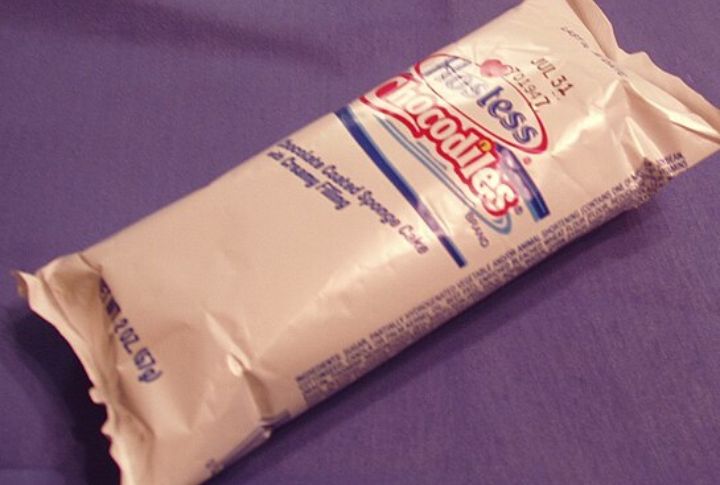
Hostess gave us Twinkies in a chocolate coat and called it innovation. Chocodiles sold well for a time, mostly on sugar highs and impulse buys. But health trends shifted, and their flaws stood out. Even a reboot couldn’t save them. Turns out, the gimmick had a limit.
Planters Cheez Balls
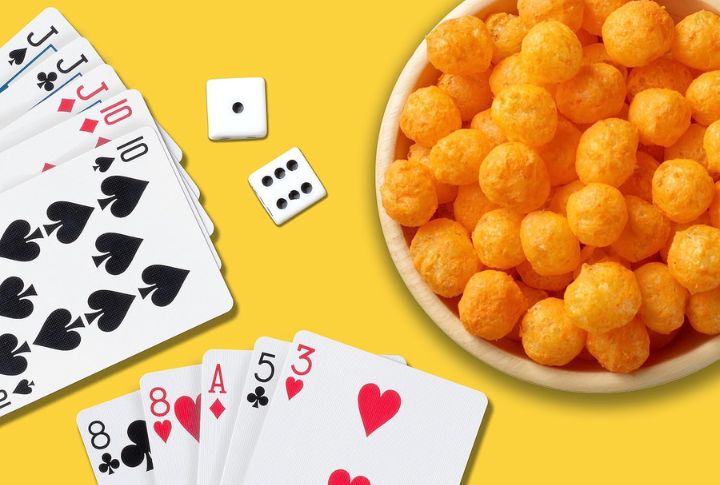
Bright orange, suspiciously shiny, and unapologetically fake. Cheez Balls weren’t just a snack—they were a dare. With a flavor that screamed “lab experiment,” they were axed in 2006. A 2018 reboot briefly fooled fans into thinking they missed them. Spoiler: they didn’t. Some things should stay in the vault.
Sugar-Free Haribo Gummy Bears
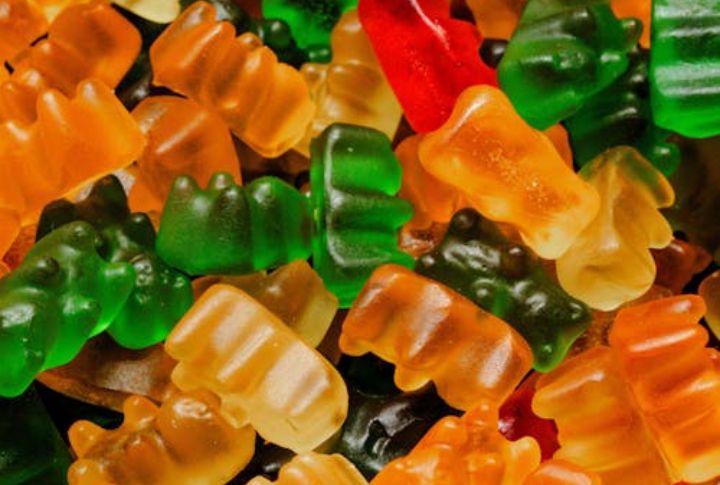
If the label says “sugar-free,” check the ingredients twice. Haribo’s infamous bears used Lycasin, which triggered severe stomach distress in many consumers. Warnings flooded Amazon, with thousands urging caution. After massive backlash and viral horror stories, the product was pulled or reformulated in most markets. Lesson: Sugar-free doesn’t mean risk-free.
Chicken & Waffles Lay’s Chips
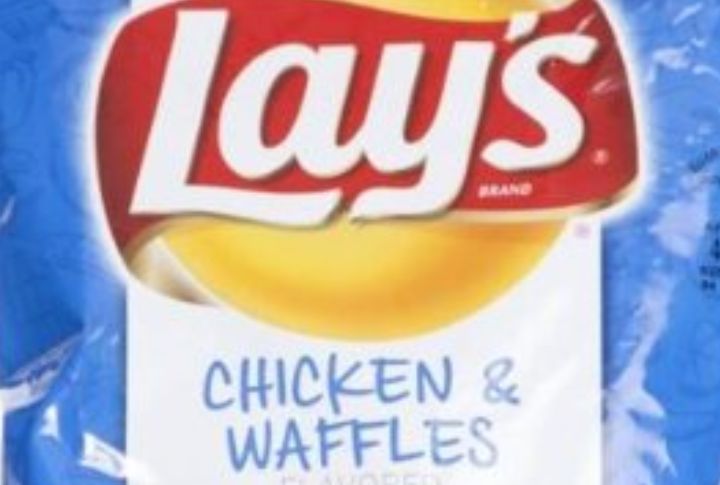
This flavor was made using mostly natural ingredients to imitate a full comfort meal. However, critics felt it had too much sweetness, like syrup, and a strange fried aftertaste. Although it briefly went viral online and became a meme, Lay’s pulled the plug without explanation or a follow-up campaign.
Garlic Cake Snacks (Japan)
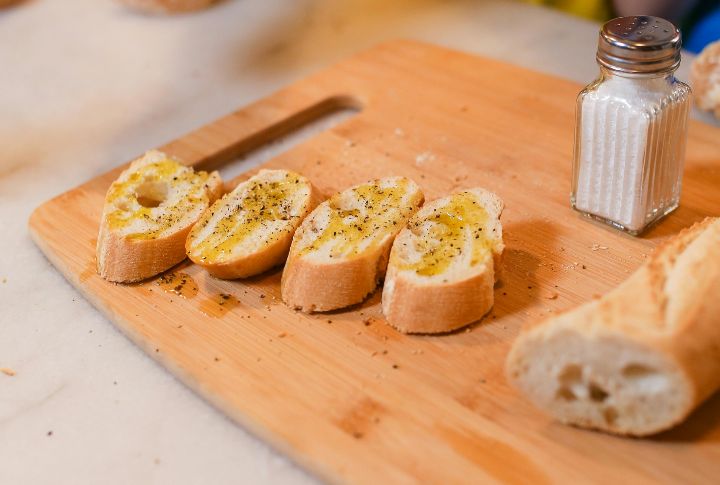
Once seen as a bold idea, Garlic Cake Snacks combined sponge cake with roasted garlic. The unusual flavor shocked many, causing bad breath and surprise. Sold for a limited time, the cakes are rarely found as novelty snacks.

